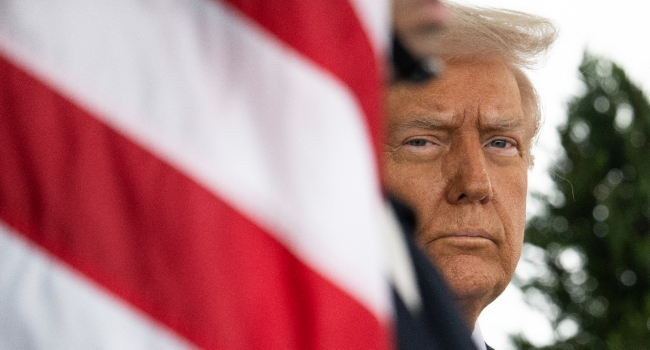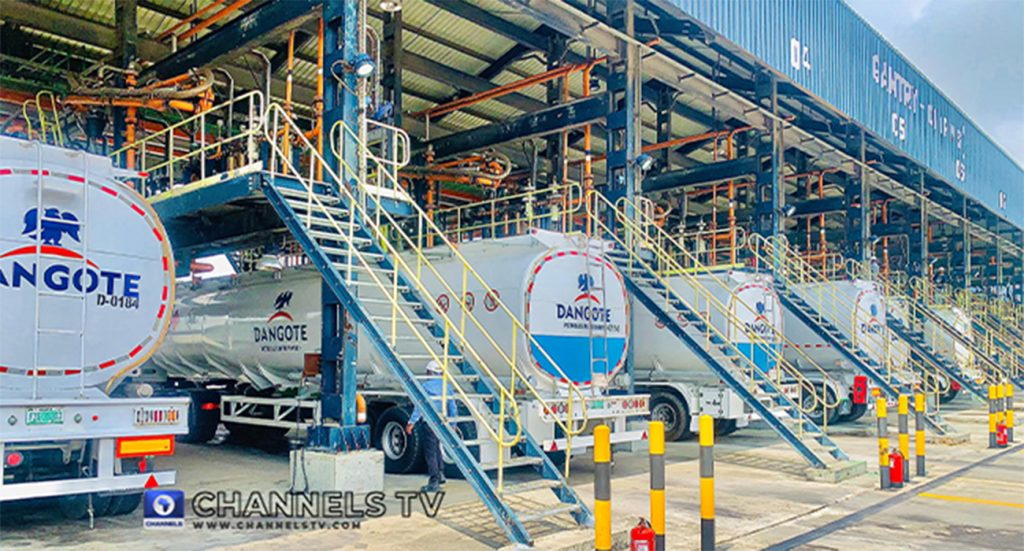The Federal Government of Nigeria has recently made significant changes to the electricity tariff structure in an effort to improve efficiency and reduce costs. According to a statement from the Special Adviser to the President on Information and Strategy, Bayo Onanuga, the government expects to save a substantial amount of money this year as a result of these adjustments.
One of the key changes is the withdrawal of electricity subsidies for Band A customers, which make up about 15% of the total power consumers in the country. This move is expected to save the government approximately N1.1 trillion annually. Additionally, the government plans to install 2.5 million meters this year to help bridge the metering gap and ensure that consumers are paying the correct amount for electricity.
In a document released by the Federal Ministry of Power, it was revealed that the recent tariff adjustment will save the government even more money, with an estimated savings of N1.5 trillion. The government also announced that power distribution companies will be sanctioned for providing less than 20 hours of power to Band A consumers.
While these changes have been met with opposition from manufacturers and organized labor, the government remains committed to its goal of metering all unmetered power users in the country. The Presidential Meter Initiative aims to install 2-2.5 million meters annually over the next five years to eliminate estimated billing and ensure transparency in the billing system.
The Minister of Power, Adebayo Adelabu, emphasized the importance of closing the metering gap to improve stability in power supply. With an estimated eight million metering gap in Nigeria, the government is working towards ending estimated billing by the end of 2024 and closing the gap within three to five years through the new initiative.
Overall, these changes in the electricity tariff structure and metering initiatives are aimed at improving efficiency, reducing costs, and ensuring transparency in the power sector in Nigeria.



